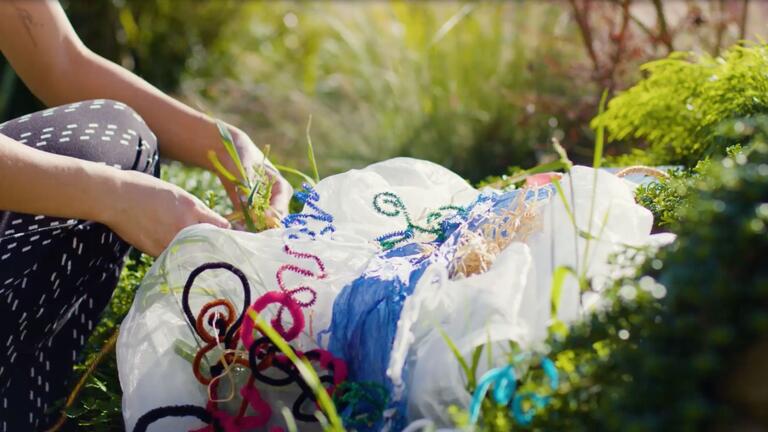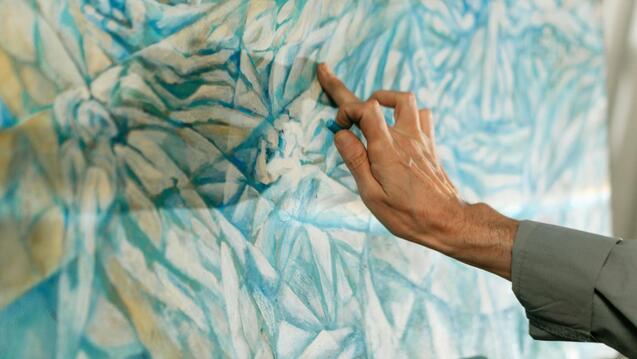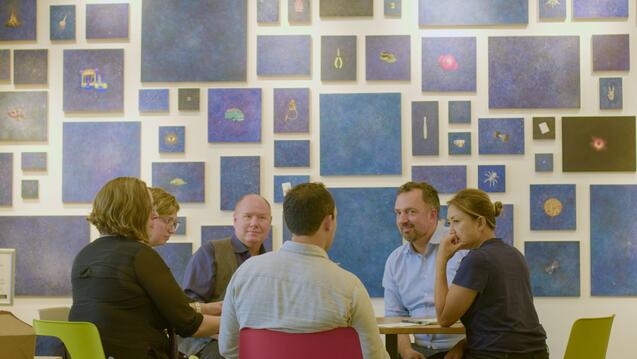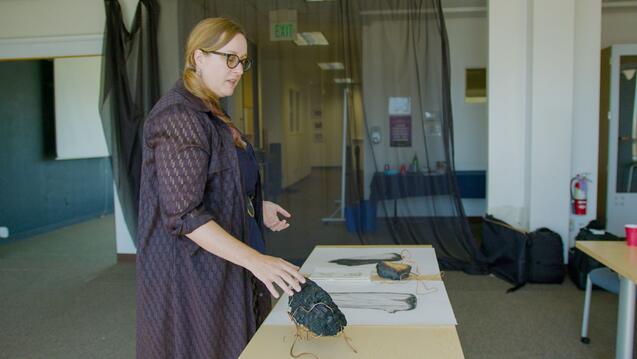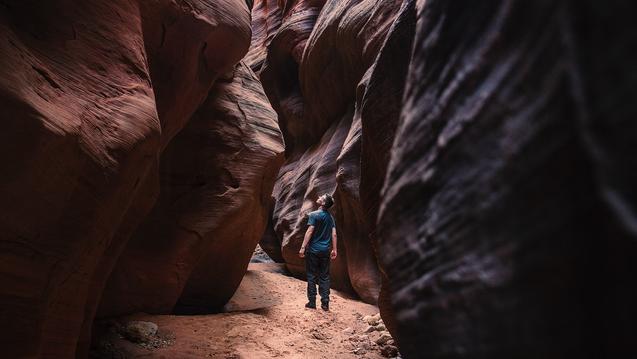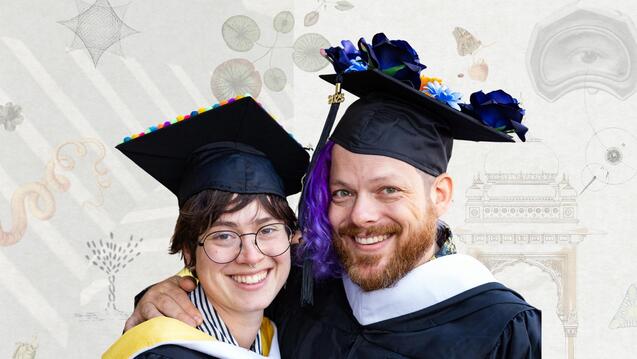A Conference Celebrating C.G. Jung’s 150th Birthday at CIIS
The departments of East-West Psychology and the Interdisciplinary Arts and Writing MFA share a vision of interdisciplinary education and creative scholarship. To express that vision, they are offering joint programming to help you further develop as an artist and a scholar. Plus, with an accelerated timeline and instructors who offer real-world professional guidance, you can meet your educational and artistic goals affordably.
Three Degree Options
We have three degree options that explore the relationship between inquiry and art-making, practice and research. Each place your original work at the core of your degree.
Your artistic and academic paths will converge as you complete an M.A. in East-West Psychology and then take only one year to complete an MFA.
Your art and scholarship will be mutually enriching as you work toward exceptional academic achievement. Complete your Ph.D. coursework and then a one-year MFA, and earn a doctorate enriched by creative insight.
Earn your doctorate by producing original work based on your art practice. Spend equal time in your East-West Psychology and MFA coursework and then complete a dissertation of original work based on your art practice.
Our Department in Action
An online event with Admissions Counselors Skylar Hall and Ronda Sharp
Attend our in-person event on January 31 or online event on February 21.

